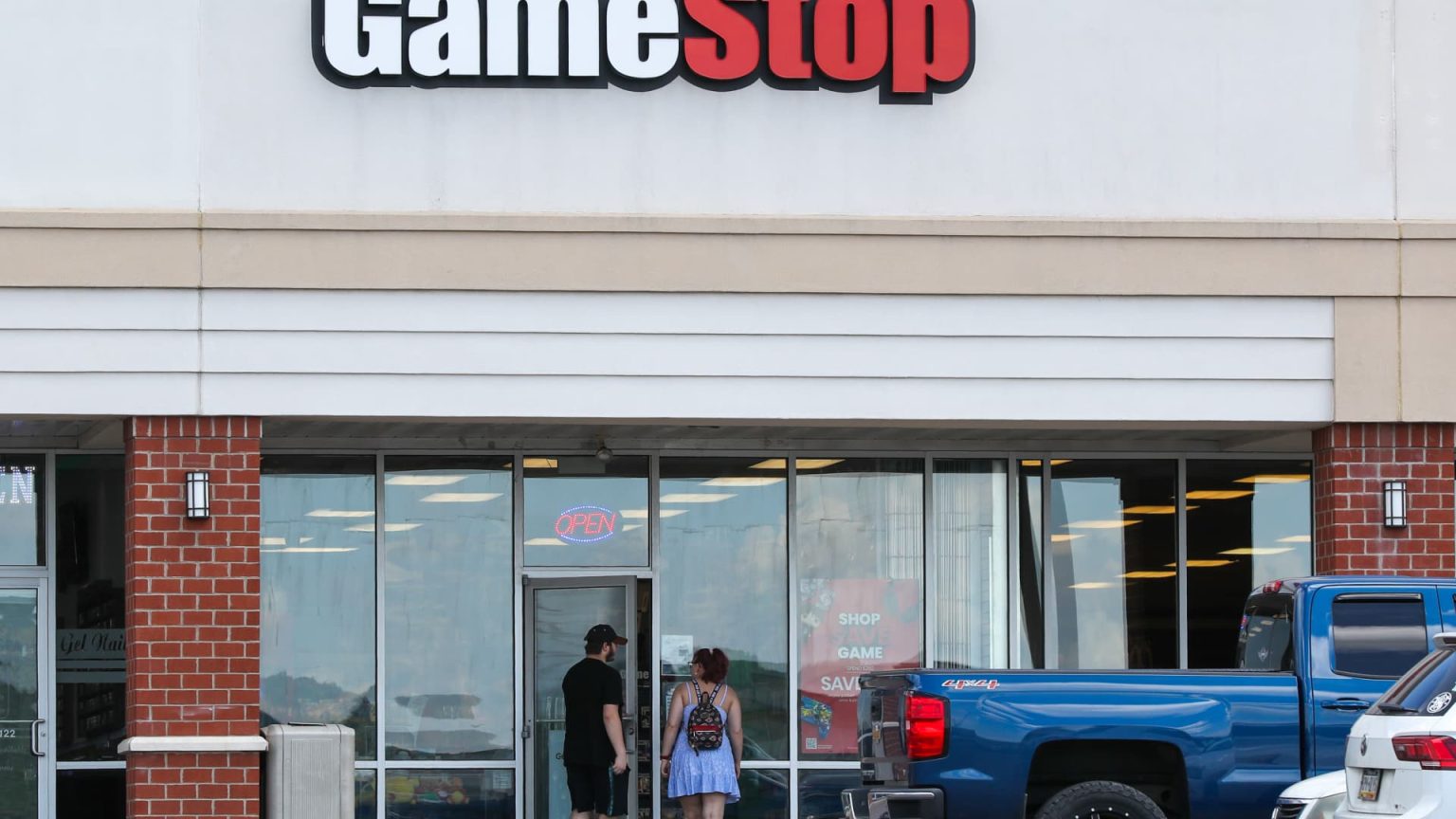Several companies made headlines in midday trading, with Trump Media & Technology seeing a more than 13% decline following a debate between former President Donald Trump and Democratic Vice President Kamala Harris. Rentokil Initial also saw a significant drop of over 20% after announcing a slowdown in second-half organic sales growth for North America. GameStop, a meme stock, tanked more than 15% after reporting a decline in second-quarter sales and announcing a stock offering. Novartis’ U.S.-listed shares slipped nearly 2% after a downgrade from Bank of America, citing limited growth drivers. On the other hand, Viking Therapeutics saw a more than 7% increase after JPMorgan initiated coverage with an overweight rating, highlighting an upcoming data readout as a positive catalyst.
Crypto stocks were affected by a slight fall in the price of bitcoin, driven by concerns over central bank policy in Japan. Shares of Coinbase, MicroStrategy, and Bitcoin miner Riot Platforms all declined. Morgan Stanley’s stock lost 1% following a downgrade at Goldman Sachs due to an expensive valuation versus its peers. Bank of America slipped 2% after Warren Buffett’s Berkshire Hathaway revealed selling more shares of the bank, reducing its stake. Solar stocks, on the other hand, rose as a group after Vice President Kamala Harris’s debate performance raised confidence in a potential Democratic victory in the upcoming U.S. presidential election. The Invesco Solar ETF jumped 5%, with stocks like First Solar, SolarEdge Technology, Sunnova Energy, and Sunrun all seeing gains.
Overall, the stock market experienced a mix of declines and gains, with various companies being impacted by different factors such as debates, sales announcements, downgrades, and political events. As investors reacted to these developments, some stocks saw significant drops while others rose in value. Analysts highlighted specific catalysts for certain companies, such as upcoming data readouts, organic sales growth projections, and political outcomes, influencing investor sentiment towards these stocks. Factors such as central bank policies, bitcoin prices, and expensive valuations also played a role in shaping the market performance of different sectors, including tech, pharmaceuticals, and renewable energy.
The performance of individual companies reflected broader trends in the market, with certain sectors experiencing more volatility or stability based on the news and events that drove their stock prices. While some companies faced challenges such as declining sales, downgrades, or reduced investor confidence, others benefited from positive catalysts like upcoming data releases or political developments. The varying responses from investors underscored the complex and dynamic nature of the stock market, where multiple factors interact to shape the prices and valuations of different companies. As market participants continue to monitor these developments, the stock market is likely to remain subject to ongoing fluctuations and shifts in response to new information and events.
Investors and analysts will be closely watching how these companies navigate the current economic landscape and adapt to changing market conditions. Companies that can effectively manage challenges and capitalize on opportunities may see their stock prices recover and potentially outperform their peers. The coming weeks and months are likely to bring further developments that could impact the performance of these companies and the broader market, as economic indicators, corporate earnings reports, and geopolitical events continue to shape investor sentiment and influence stock prices. With uncertainty and volatility remaining high in the market, investors will need to stay vigilant and informed to make well-informed decisions about their investments and navigate the evolving landscape of the stock market effectively.













